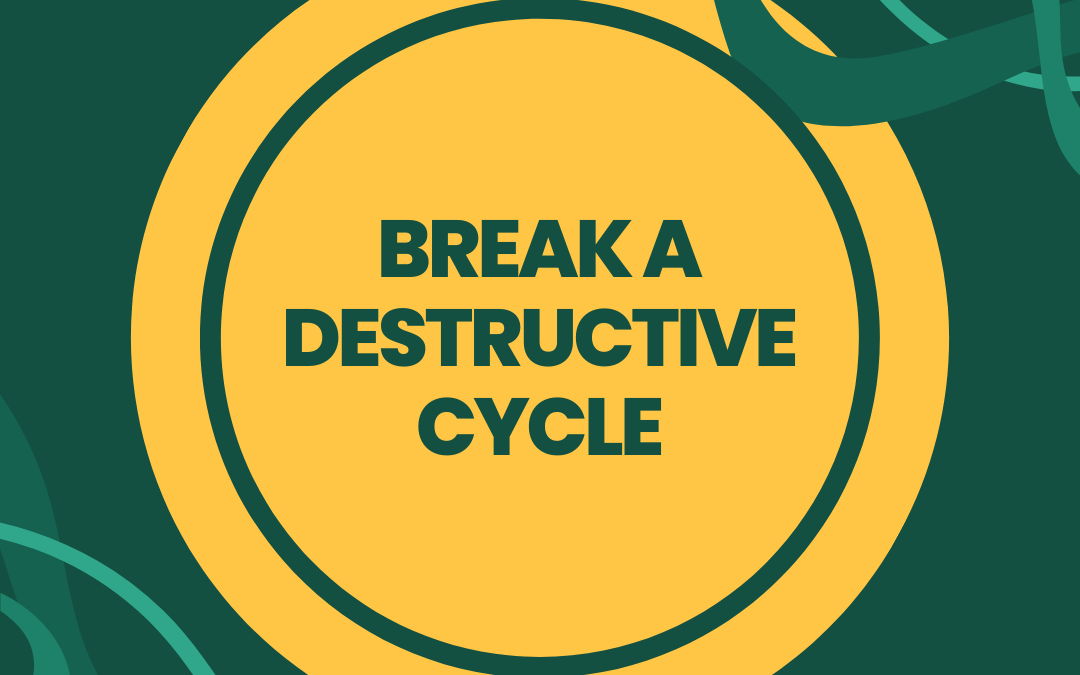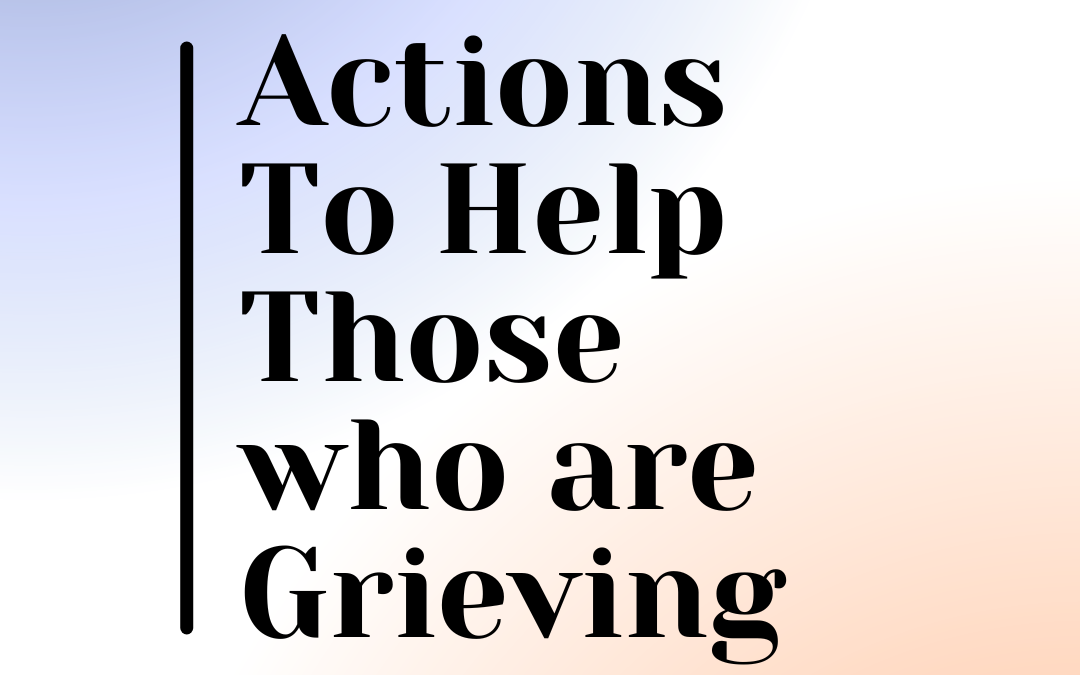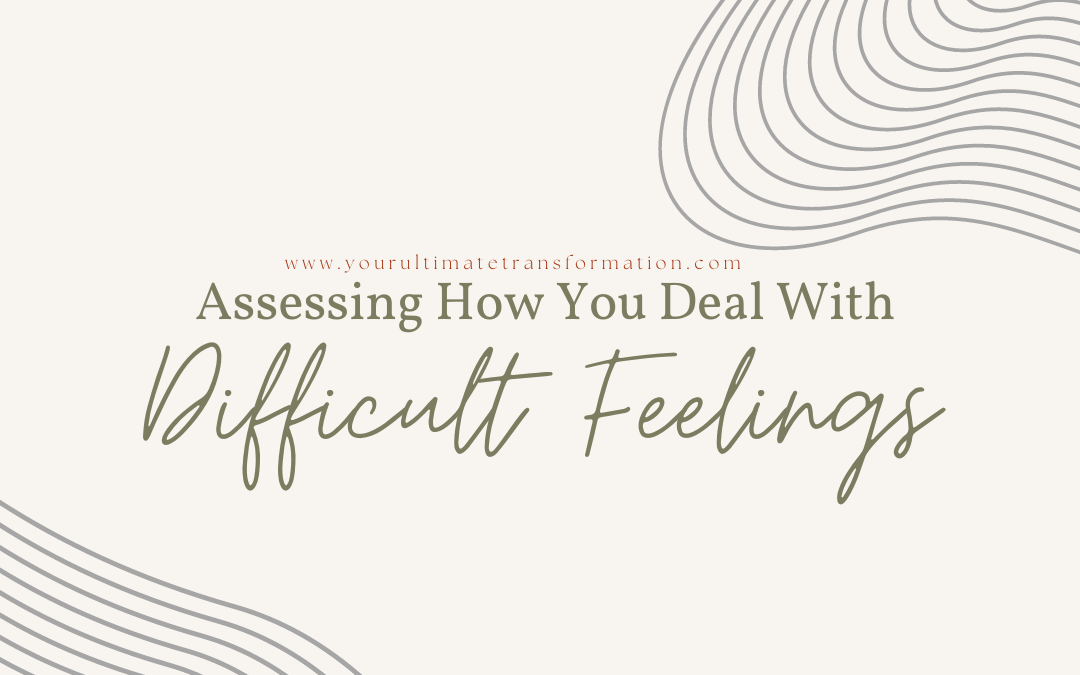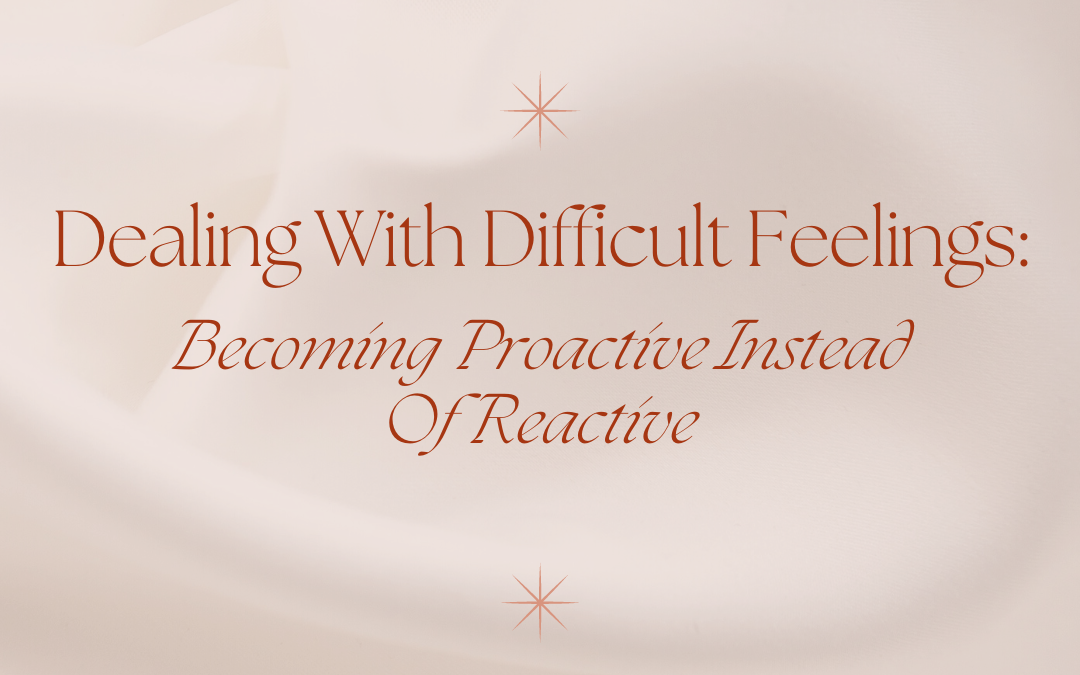Those feelings that are often the most difficult for us to grapple with are also those that raise the most intense emotions. The most common difficult feelings that you may struggle with include loneliness, anger, sadness, and pain, but all of these essentially stem from the same emotion, which is fear. Whether we are afraid of being alone, afraid of losing something or someone, or afraid of emptiness in our lives, fear is a powerful emotion and guides our hearts and minds in many instances.
QUESTIONS TO REFLECT ON:

While you may choose to look at these emotions as negative or difficult, you could instead choose to accept that these feelings are a part of life. They provide us with opportunities to learn more about ourselves, they teach us how to handle problems more effectively, and they can help us develop empathy for others, as well. Difficult emotions also teach us about the unresolved issues that may lay in our past or are a part of our present.
Listening to your difficult feelings and the emotions they trigger inside you can be an effective tool for recognizing when things are not working in your life. These emotions, while strong, can serve as a compass for pinpointing problems in your life that you should address. These strong feelings can even help you identify paths to solutions, in many cases, or even help you create new boundaries in your life that will safeguard against future turmoil.
Listening to your difficult feelings, instead of ignoring them, should be viewed as a healthy way to cope with them as well as learn the valuable lessons in life that help us grow as humans. Becoming attuned to your strong emotions, checking in regularly, and even talking with yourself and others about your difficult feelings, can become part of your path toward greater happiness and lifelong mental health. Your emotions give you important information about yourself and your life and learning to hear these messages is an important skill to learn and cultivate.
Instead of viewing your negative or strong emotions as enemies, you should instead embrace them as friends and helpful contributors to your life. When you embrace them, learn from them, and make them a part of your life, you learn to deal more effectively with them and to respond appropriately to them and to those who ignite strong emotions from you.
QUESTIONS TO REFLECT ON:
Thinking
- Are you actively thinking about understanding difficult feelings?
- Are you thinking about all the the things that help you accept these feelings?
- Are you thinking about how you can further develop how to accept difficult feelings?
Talk – New Language
- Are you actively expressing these difficult feelings in a healthy way?
- Do you speak of all the good and positive things that make you feel good and counter these feelings?
- Are you continuously telling yourself and reminding yourself to accept these difficult feelings and counter it?
Behaviour
- Do you accept your emotions and own up to them fully?
- Do you try and focus on positive behaviours that help you accept difficult feelings?
- Do you continuously learn more about how to accept and counter difficult feelings?
Relationships & Contribution
- Do you try and accept and understand your difficult feelings to be able to express them in a healthy way?
- Are you willing to make sure that you always try to accept your difficult feelings to improve your relationships?











